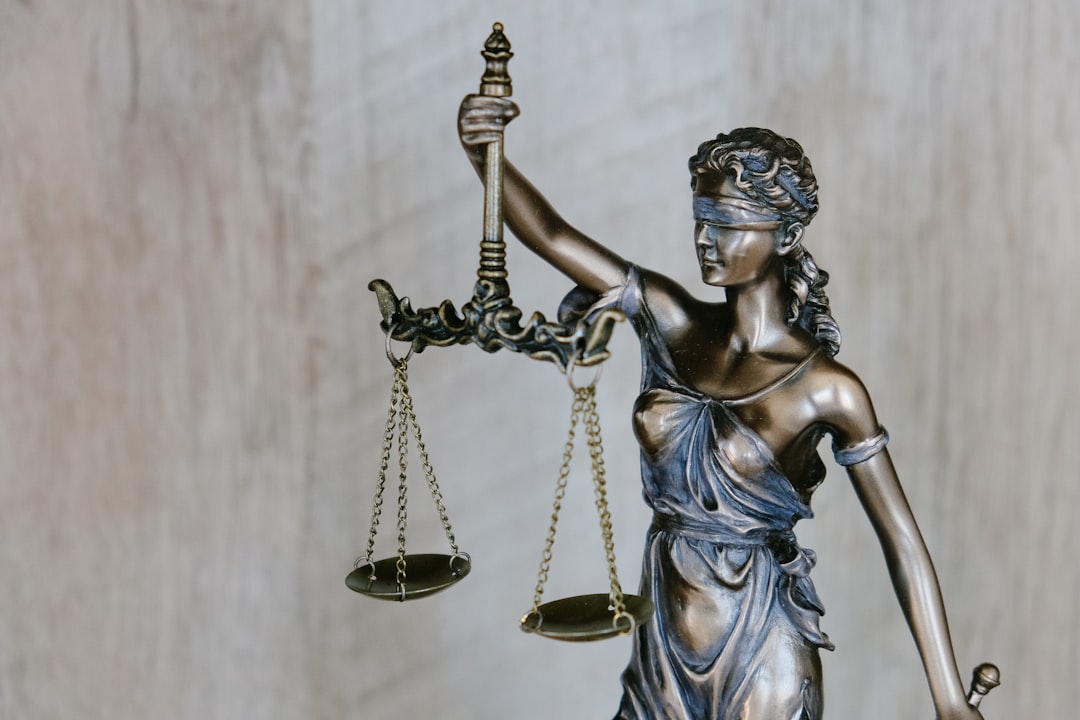In New Jersey, robust hospital liability laws protect patients and mandate healthcare facilities maintain safe standards. If harmed by medical negligence or faulty practices, individuals can seek legal action with the help of a qualified hospital lawyer. These laws hold hospitals accountable for patient safety, covering procedures, equipment maintenance, and staff training. Knowledge of these regulations is crucial for patients seeking compensation and lawyers advocating on their behalf, ensuring fair liability cases and access to justice. Hospital lawyers in New Jersey navigate complex medical malpractice issues, collaborate with professionals, and uphold institutional integrity while protecting patient rights and entitlements.
In New Jersey, understanding hospital liability in assault cases is crucial for both patients and healthcare providers. This comprehensive guide delves into the intricate web of laws governing medical facilities, focusing on patient safety and the legal obligations of healthcare professionals. We explore what constitutes medical malpractice in assault scenarios and the specific roles hospital lawyers play. Additionally, we highlight patient rights and available remedies, offering valuable insights for those navigating these complex legal matters in New Jersey.
Understanding Hospital Liability Laws in New Jersey
In New Jersey, hospital liability laws are designed to protect patients and ensure healthcare facilities maintain safe standards. When a patient suffers an injury due to medical negligence or defective hospital practices, they may have legal recourse. A hospital lawyer in New Jersey can guide patients through this complex process, helping them understand their rights and the steps to take if they’ve been harmed during treatment.
These laws hold hospitals accountable for their actions—or inactions—and establish guidelines for patient safety. This includes everything from proper medical procedures to equipment maintenance and staff training. Knowing these regulations is crucial for both patients seeking justice and hospital lawyers advocating on their behalf, ensuring that liability cases are handled fairly and according to the law.
Patient Safety and Legal Obligations of Healthcare Providers
In New Jersey, patient safety is paramount in assault cases involving healthcare providers. Hospitals and medical facilities have a legal obligation to ensure patient well-being during their stay. This includes implementing robust protocols for infection control, medication management, and emergency response. Healthcare providers are expected to maintain high standards of care, regularly updating their knowledge through continuing education, and adhering to evidence-based practices.
A hospital lawyer in New Jersey will emphasize that these legal obligations extend to preventing harm from medical errors, negligence, or wrongful actions. Patients have rights, including the right to receive care without unnecessary risks and the right to be informed about potential treatment alternatives. When healthcare providers fail to meet these standards, it can lead to severe consequences for patients, prompting them to seek legal counsel from a hospital lawyer in New Jersey to understand their rights and options.
What Constitutes Medical Malpractice in Assault Cases?
In the context of assault cases, medical malpractice occurs when a healthcare provider, such as a doctor or nurse working within a hospital in New Jersey, fails to meet the accepted standards of care, resulting in harm to the patient. This can include a wide range of actions or inactions that deviate from the recognized medical practice. For instance, misdiagnosing a condition, providing incorrect treatment, or failing to recognize and address a patient’s deterioration are all examples of potential medical malpractice.
Hospital lawyers in New Jersey emphasize that establishing medical malpractice requires expert testimony to prove that the healthcare provider deviated from the accepted standard of care and that this deviation was a direct cause of the patient’s injuries. This is where expertise from qualified medical professionals is crucial to navigating complex assault cases involving hospital liability.
Roles and Responsibilities of Hospital Lawyers
In New Jersey assault cases, hospital lawyers play a multifaceted role in ensuring institutional accountability and patient safety. They are responsible for understanding complex legal frameworks governing medical malpractice, including state-specific regulations and case law. These attorneys must adeptly navigate the unique challenges of healthcare litigation, where technical expertise and meticulous documentation are paramount.
Hospital lawyers in New Jersey are not merely advocates; they serve as guardians of institutional integrity. They collaborate with medical professionals to investigate incidents, identify liability, and develop robust defense strategies. Their expertise enables them to provide strategic guidance, ensuring hospitals maintain high standards of care while mitigating potential legal risks. Through their efforts, hospital lawyers contribute to a culture of continuous improvement in healthcare delivery.
Protecting Patients: Rights and Remedies in New Jersey
In New Jersey, patients have rights when it comes to their healthcare and treatment. Protecting these rights is crucial, especially in cases involving assault or medical malpractice. If a patient has suffered harm due to a hospital’s negligence or the actions (or inactions) of its staff, they may be entitled to legal recourse. A hospital lawyer in New Jersey can guide patients through understanding their rights and the available remedies.
Remedies for patients may include compensation for medical expenses, pain and suffering, and even punitive damages if the hospital’s conduct was particularly egregious. It is important for patients to act promptly as there are often strict time limits on filing a lawsuit. A qualified hospital lawyer in New Jersey can assess the specifics of each case, ensuring that patient rights are protected and just compensation is pursued.






